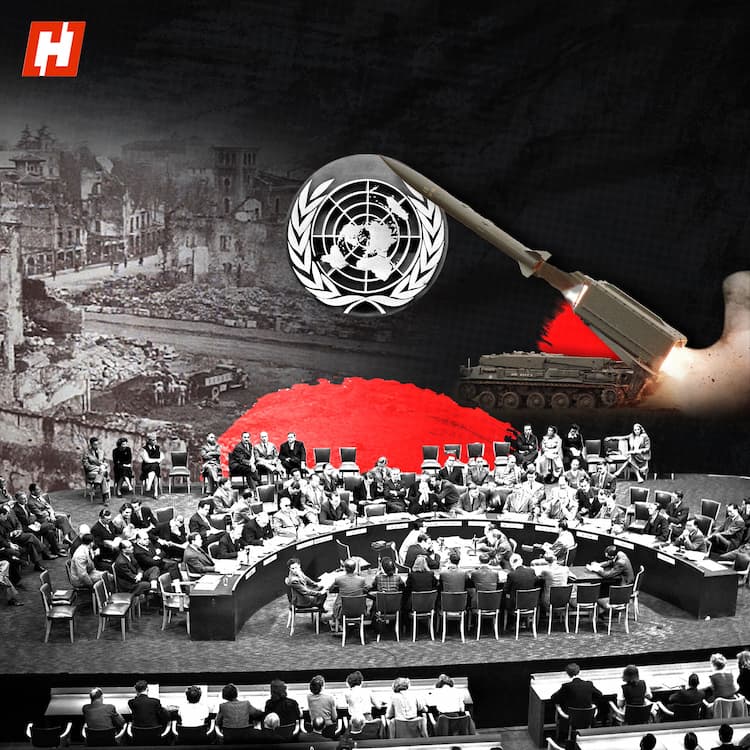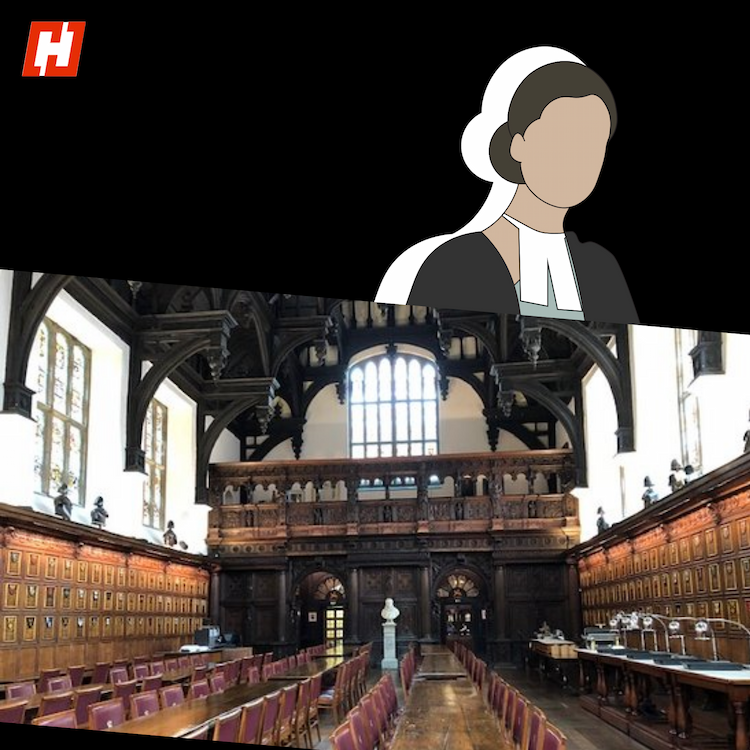Volodymyr Zelenskyy on Tuesday made it easier for corrupt individuals to get away with it.
The Ukrainian President is under fire for signing into law a controversial bill that weakens the country’s anti-corruption bodies. Earlier on Tuesday Ukraine’s parliament, the Verkhovna Rada, passed the contentious bill that effectively removes the independence of the National Anti-Corruption Bureau and the Specialised Anti-Corruption Prosecutor’s Office.
The law will give sweeping new powers to Ukraine’s Prosecutor General, someone who is appointed by the President. Powers that make it easier for the government to control which cases are pursued.
Both NABU Director Semen Kryvonos and SAPO Prosecutor Oleksandr Klymenko have denounced the move. Reports indicate that Kryvonos urged Zelenskyy not to give his nod to the fast-tracked bill. Additionally, he decried the bill as an attempt to "destroy" Ukraine's anti-corruption infrastructure.
Ruslan Kravchenko, the Ukrainian Prosecutor General, though tried to plead his innocence when speaking to reporters. He insisted that despite the new law raising doubts about the office’s integrity and objectives, the independence of the two institutions will not be violated.
Critics argue that the legislation allows political interference and is a major step backwards in the fight against corruption that began after 2014’s ‘Revolution of Dignity’, the series of pro-democracy protests in Ukraine.
The protests erupted after the corrupt pro-Russian President, Viktor Yanukovych, decided to suspend the signing of an Association Agreement with the European Union. The protests escalated, leading to clashes with riot police, eventually resulting in the President's ouster. Yanukovych then fled to Moscow.
Zelenskyy today claims the controversial new law is meant to weed out Russian interference in the proceedings, not to weaken the anti-corruption bodies. Channeling the anti-Russia sentiments of the 2014 protests, Zelenskyy refused to use his presidential veto to strike down the law.
Zelenskyy reiterated that the anti-corruption infrastructure will continue to work just without Russian influence. He added that the Prosecutor General is determined to ensure that those who go against the law will be punished.
Beyond the pitfalls of letting corruption thrive, the new law also puts Ukraine's potential European Union membership at risk. The EU had identified corruption as a serious problem undermining Ukraine's development. So they gave Kyiv a mandate - stamp out endemic graft, or forget EU membership and billions of dollars in Western aid.
Also watch: Trump and NATO strike ‘really big deal’ to arm Ukraine, Europe gets bill
The 2014 protests and the subsequent creation of NABU and SAPO were critical in putting Ukraine on the path to join the EU. Something Zelenskyy has been lobbying for even before Russia’s unprovoked invasion in 2022. But this law threatens to unravel all the hard work already done.
Also watch: Did Ukraine rewrite the rules of war through Operation ‘Spider Web’?
In a post on X, European Commissioner for Enlargement Marta Kos said she was “seriously concerned” over the latest “Rule of Law developments”. Kos called the bill “a serious step back”. She reiterated that the independence of bodies like NABU and SAPO, and the Rule of Law “remain in the very center of EU accession negotiations”.
Remember, Ukraine was given a major boost in that pursuit by Ursula von der Leyen, the European Commission President back in February. Von der Leyen declared that the process of accession was merit based and if Ukraine continued with the reforms asked of it, accession “could be earlier than 2030”.
According to a report by the Tony Blair Institute for Global Change, the potential rewards of joining the EU are significant. The report states that Ukraine’s membership will not only strengthen Europe’s collective security but also reinforce the EU’s commitment to democratic principles and human rights.
A day earlier, thousands of Ukrainians gathered in Kyiv and other major cities. It was the first serious protest against Zelenskyy’s government and the largest since Russia's 2022 invasion.
Joining them, Yaroslav Zhelezniak, a member of the opposition Holos party, called for “this shoddy law” to be taken down in the Constitutional Court. He claims procedural rules were violated during the bill's passage, making the constitutional challenge viable. The motion will require at least 45 signatures from members of parliament, and Zhelezniak believes that number is attainable.





